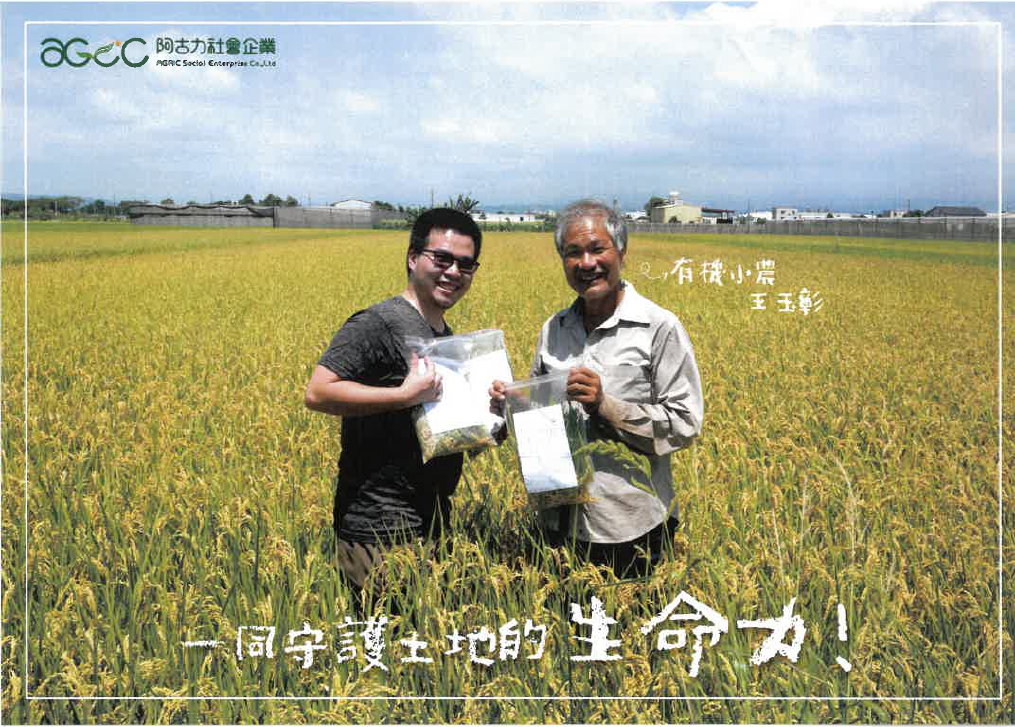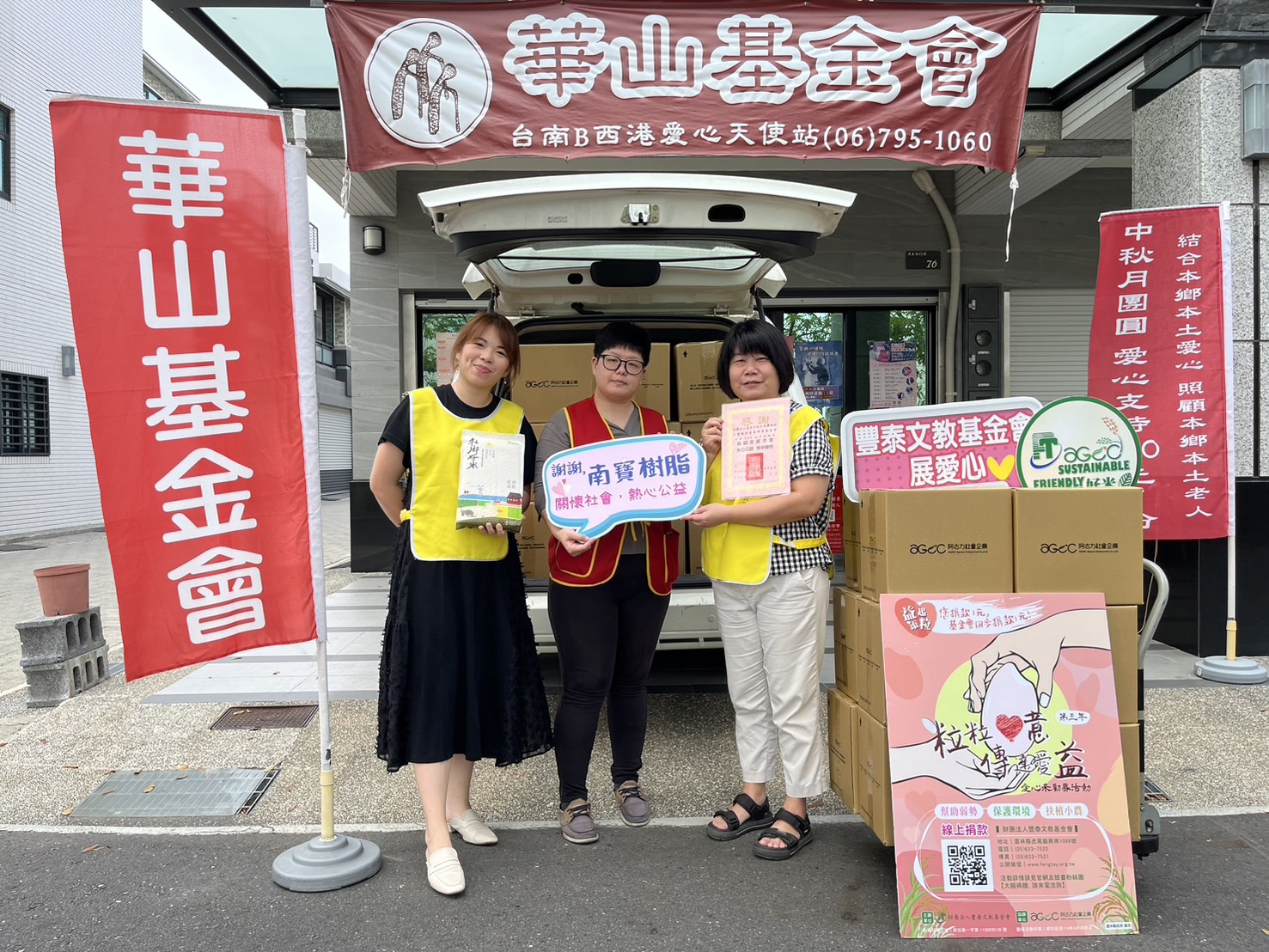Ecological Conservation
All production bases of NANPAO have undergone evaluations pertaining to the environmental protection law in the planning phase. Moreover, the Company has selected locations in industrial areas permitted by location government as its production bases. These areas are neither nature reserve or habitat of flora and fauna nor areas on IUCN Red List of Threatened Species. For all production activities, we are committed to pose as little influence and impact as possible on the local biodiverse environment. To reduce the environmental impact posed by our production processes, NANPAO has implemented the relevant pollution prevention equipment to enhance treatment efficiency and reduce the influence on the environment.
NANPAO has also established a "Biodiversity Policy", committed to introducing prevention, mitigation, and monitoring practices within the scope of corporate efforts, and calling on supply chain partners to support and collaborate together.
Biodiversity Risk Assessment
Nan Pao employs the Biodiversity Risk Filter (BRF) tool developed by the World Wildlife Fund (WWF). Taking into account industry characteristics, we identify and assess biodiversity risks, prioritizing "avoidance" and "minimization" measures for areas with high risk, in order to reduce biodiversity impacts and losses.
|
Risk Type |
Risk Item |
Risk Level |
|
Dependency-related biodiversity risks |
Water Scarcity |
High |
|
Limited Wild Flora & Fauna Availability |
Very Low |
|
|
Water Condition |
Medium |
|
|
Air Condition |
Low |
|
|
Landslides |
High |
|
|
Wildfire Hazard |
Medium |
|
|
Extreme Heat |
Medium |
|
|
Tropical Cyclones |
High |
|
|
Impact-related biodiversity risks |
Land, Freshwater and Sea use change |
Very Low |
|
Tree Cover Loss |
Very Low |
|
|
Pollution |
Very High |
|
|
Protected/Conserved Areas |
Medium |
|
|
Key Biodiversity Areas |
Low |
|
|
Other Important Delineated Areas |
Low |
|
|
Ecosystem Condition |
Low |
|
|
Range Rarity |
Very Low |
Organic Cooperative Farming
NANPAO is actively committed to sustainable performance and natural opportunities, emphasizing the sustainable use of natural resources and the protection, restoration, and regeneration of ecosystems. In addition to using recycled and regenerated materials in the manufacturing process, NANPAO also actively participates in ecological conservation activities.
Starting in 2023, we have partnered with the Aguli Social Enterprise to support local organic-friendly small farmers through a cooperative approach. We have established standards based on scientific testing methods, conduct routine field inspections, assist small farmers in implementing field management, and sample and test each batch of crops before harvesting. We also require on-site supervision by Aguli personnel during harvest to ensure food safety, thus ensuring the safety of the ingredients for consumers.

The organic crops harvested are donated to the Huashan Social Welfare Foundation through the Nan Pao Resin Social Welfare Foundation, creating mutual benefits for the community.

